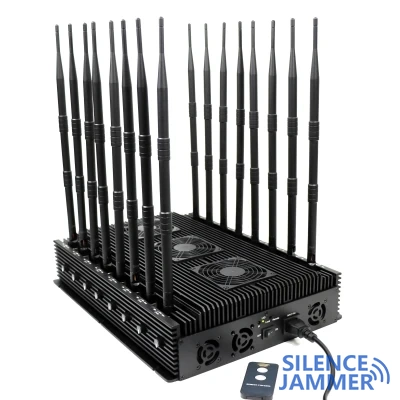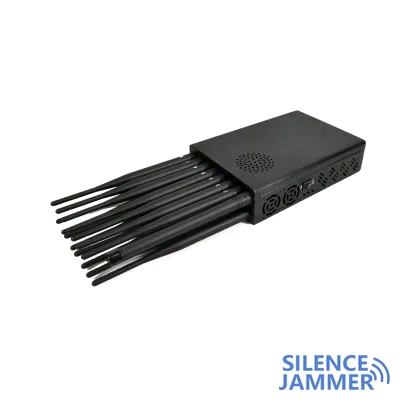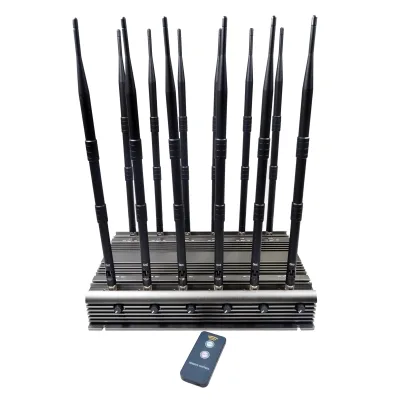Electronic warfare capabilities are becoming increasingly important in the complex environment of modern warfare. The dismounted electronic jammers recently awarded by the U.S.cell phone jammer Army mark a major advance in the field of electronic warfare. GPS jammer This new device, derived from the technology of special operations forces, greatly shortens the time for conventional soldiers to equip themselves, demonstrating the military’s flexibility in responding to rapidly changing battlefield needs.signal jammer
Opportunities and development
In September 2023, the U.S. Army signed a $1.5 million contract with Mastodon Design LLC, a subsidiary of CACI, to develop the “Ground Layered System Brigade Combat Team Backpack Electronic Attack System” (TLS-BCT). Wifi jammer This system not only provides soldiers with the ability to conduct jamming on the move, but also can adapt to different combat environments, which is an important innovation for infantry units.drone jammer
The system includes two Beast+ and one Kraken device. Beast+ is a small backpack system weighing about 20 pounds, with certain portability and flexibility. GSM jammer Todd Probert, president of national security and innovation solutions at CACI, pointed out that Kraken is a more powerful variant that can be loaded in vehicles, but can also be easily carried and has stronger signal analysis capabilities.
Technology maturity and ready-made solutions
The TLS-BCT system is already a project of record for the U.S. Special Operations Command, which means the Army does not need to build a new system from scratch and conduct comprehensive testing. Probert emphasized that there are currently about 1,200 sets of equipment in use, and the effectiveness of these systems on the battlefield has been verified.
The Army’s goal is to provide ready-made commercial solutions to speed up the deployment of equipment. Ken Strayer, the electronic warfare and network project manager of the Project Executive Office, said that the Army hopes to quickly fill the gaps in electronic warfare capabilities by integrating existing technologies.
Tactical flexibility and adaptability
When designing TLS-BCT, the Army took special considerations into account the diversity of combat environments. For example, in operations in the Pacific, large vehicle-mounted systems may be too cumbersome, so a smaller, single-person solution was developed. This adaptability allows soldiers to use it flexibly in complex terrain.
The system has software-adjustable functions and can be adjusted according to different tasks. Whether it is performing signal detection or interference, soldiers can customize the functions of the equipment as needed. This flexibility enables the Army to respond quickly to various threats when facing a rapidly changing battlefield.
Future Outlook
The Army plans to conduct an operational demonstration in November to verify the effectiveness of the system. After that, TLS-BCT will be officially put into production, and more systems are expected to be ordered in the next few years. With the Army’s emphasis on electronic warfare capabilities, the successful implementation of TLS-BCT will provide more solid technical support for future combat.












